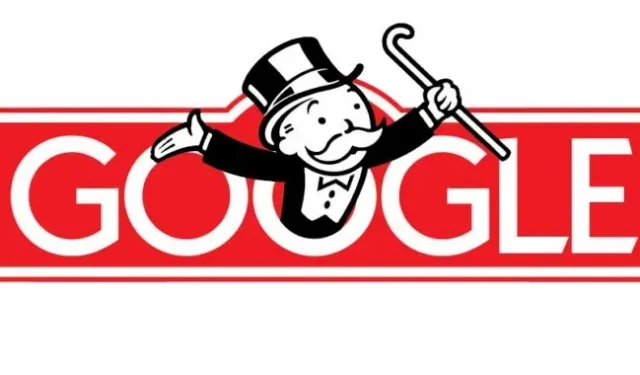Once again, Google is not cracking down on major developers who refuse to use its in-app billing system. The Play Store has always required developers to use Google Play’s in-app billing system, but many major developers like Netflix and Spotify have simply ignored this rule and billed their own anyway. Google has never penalized these companies, but announced a September 2021 deadline to transition to Google Play billing, and then allowed an extension until March 31, 2022. This is the second time the deadline is approaching and we are once again seeing cracks in Google’s attempts to enforce its rules. The latest news is that Google is expanding third-party billing on the Play Store for at least one major streaming company.
Google ‘s latest blog post says the company is now running a “pilot”program called “customer-choice billing.”Google said the program “will allow a small number of participating developers to offer an additional billing option alongside the Google Play payment system.”The only reported developer involved is Spotify, one of the two most notorious companies to consistently flout Google’s rules. Google said, “This pilot project will help us better understand whether user-choice billing works for users in different countries and for developers of different sizes and categories.”
Google says the program builds on work it was forced to do in South Korea, where a 2021 law requires app stores to allow third-party payments. In Korea, when you click the payment button on Google Play, a card will appear asking you which payment processor you want to use. Apps used to take users to an external web page (sometimes a web page built right into the app, making the checkout process easier), but now you can do it through Google Play.
If you are a developer, making your payments through a third-party provider will not necessarily result in you retaining a higher proportion of your sales. In Korea, when you choose a third-party Google Play billing method, Google Play still charges you a fee. The usual fee of 15-30 percent is reduced by 4 percent, which is the same as the cost of a credit card transaction fee. When Apple was forced to allow third-party billing, it also cut App Store fees by just 3 percent. Developers don’t really save money here.
The purpose of external billing was to avoid these fees, but in the Google Korea example, developers would still lose the same amount of money; they will just spend it in different places. Google hasn’t said what kind of deal Spotify is making, but Spotify appears to be happy with the partnership. “We are excited to partner with Google to explore this approach to payment choices,” the company said. That’s not what the company would say in response to the Play Store’s fees suddenly going from 0 percent to 26 percent. Perhaps Spotify’s payment deal also includes special (and very low) payment fees.
We have to wonder what will happen to the other big Google Play offender, Netflix. Place your bets on what will happen next week, when the Google Play billing deadline is supposed to be March 31st. Will Netflix move to billing on Google Play? Netflix will refuse? And will Google have the guts to ban Netflix from the Play Store?
Perhaps there will be no change on either side and business will continue as usual.


